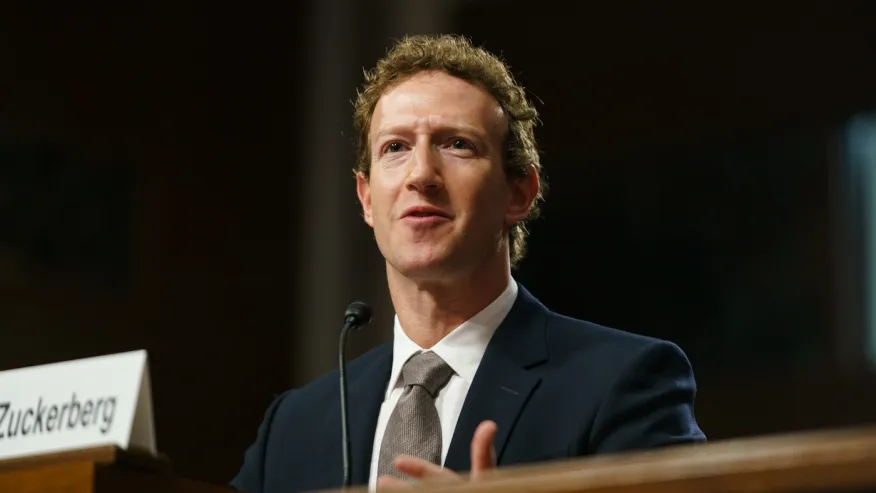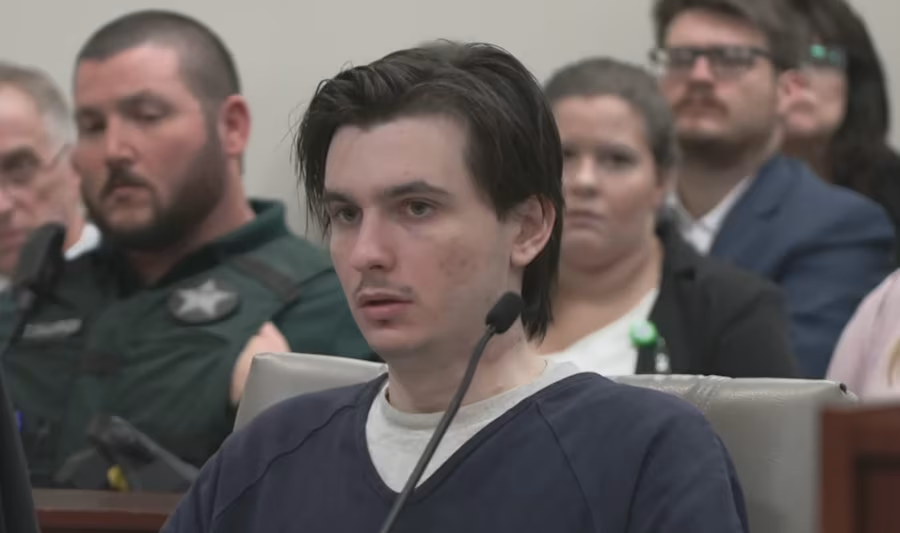In a letter sent to the House Judiciary Committee, Zuckerberg accused the Biden administration pressurized to deleting not only funny and entertaining posts about COVID-19 but also pressurized to delete other types of posts as well. He claims that the Biden administration is responsible for censoring information related to COVID-19. It’s surprising that while people worldwide share memes about the virus, the American government is removing content that uses humor to cope with the situation.
Allegations of Pressure
Zuckerberg’s letter revealed that senior officials from the Biden administration repeatedly urged Meta’s teams to take action against specific COVID-19 posts. He stated that this pressure lasted for months and included frustration from the White House when Meta did not comply with requests to censor content.
Although Zuckerberg highlighted that the final decision to remove content was Meta’s, he admitted that the company made changes to its administration policies based on this pressure.
He stated, “I believe the government pressure was wrong, and I regret that we were not more open about it.” This acknowledgment highlights a significant concern about the influence of the government on social media platforms and raises questions about the balance between public health and free speech.
Regrets and Reflections
In his letter, Zuckerberg acknowledged that looking back on the pandemic, Meta made some decisions they would now approach differently. He expressed a strong belief that content standards should not be compromised due to pressure from any administration. This sentiment emphasizes the need for social media companies to maintain their independence and integrity when it comes to content control.
Zuckerberg’s remarks come at a period when there are serious debates about censorship and free speech. The House Judiciary Committee, whose members are mainly from the Republican party, released the letter on social media, portraying it as an accomplishment of freedom of expression.
Three things from his letter that they stressed were
- The Biden administration pressured Facebook to remove certain posts.
- Facebook blocked some messages from appearing on the platform.
- Facebook limited the reach of news related to Hunter Biden’s laptop, ensuring it wasn’t widely read or known.
The Hunter Biden Story
Zuckerberg also spoke about the controversy surrounding the New York Post’s story about allegations of corruption involving Joe Biden’s family before the 2020 election. He noted that the FBI had warned Meta about a potential Russian disinformation campaign related to the Biden family.
In response, Meta temporarily downgraded the story while awaiting fact-checker reviews. However, Zuckerberg later clarified that the story should not have been demoted, as it was not part of a Russian disinformation effort.
This incident has sparked a debate about the role of social media platforms in restraining content, especially during election periods. The decision to relegate the story has been criticized by some as an example of censorship that could influence public opinion.
Mark Zuckerberg’s allegations against the Biden-Harris administration highlight the complicated relationship between the government and social media companies. His regrets about censoring COVID-19-related posts and the handling of the Hunter Biden story bring up critical questions about free speech, content control, and the responsibilities of platforms like Meta.
As social media continues to play a vital role in public discussions, the need for transparency and accountability in content moderation is more important than ever.












